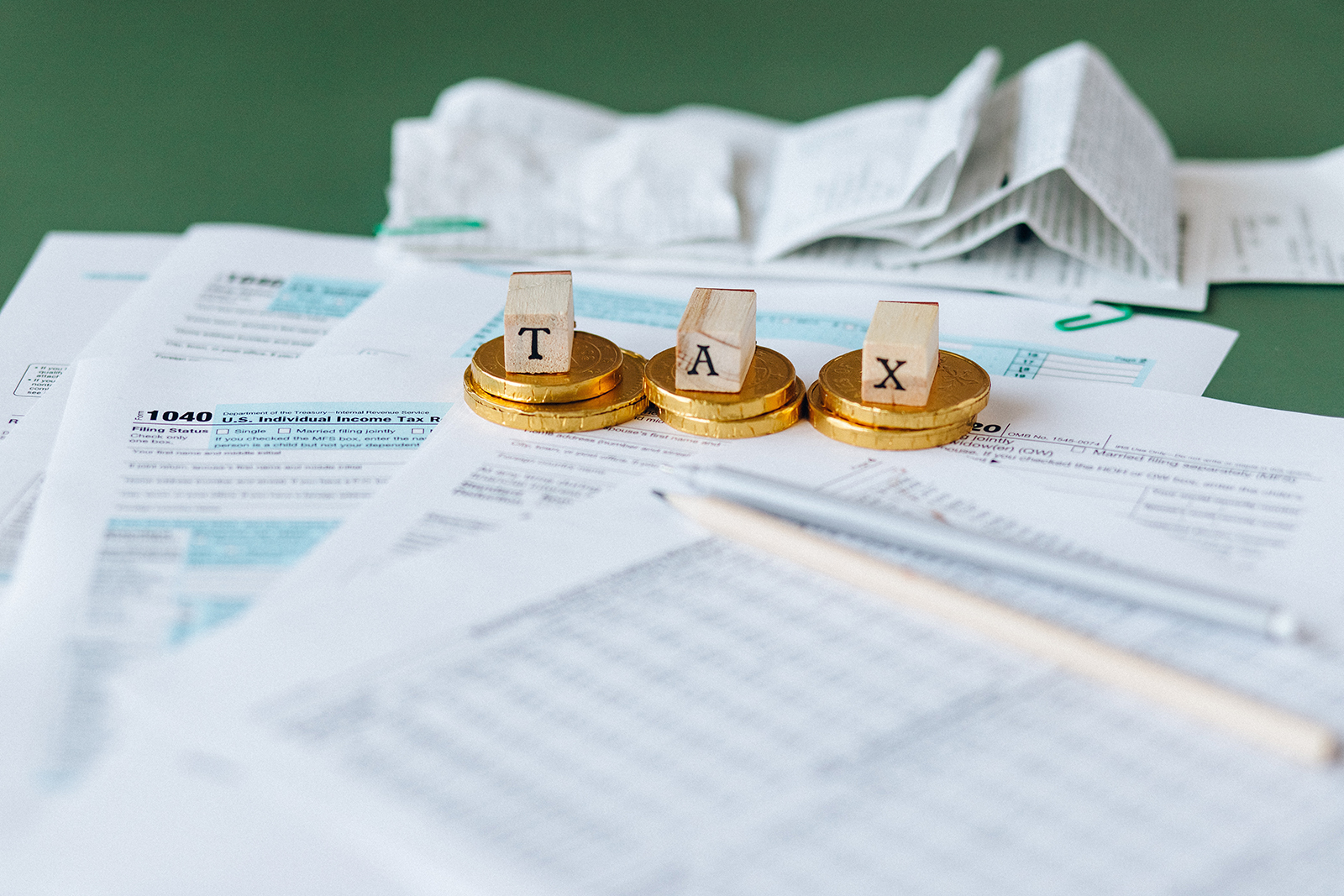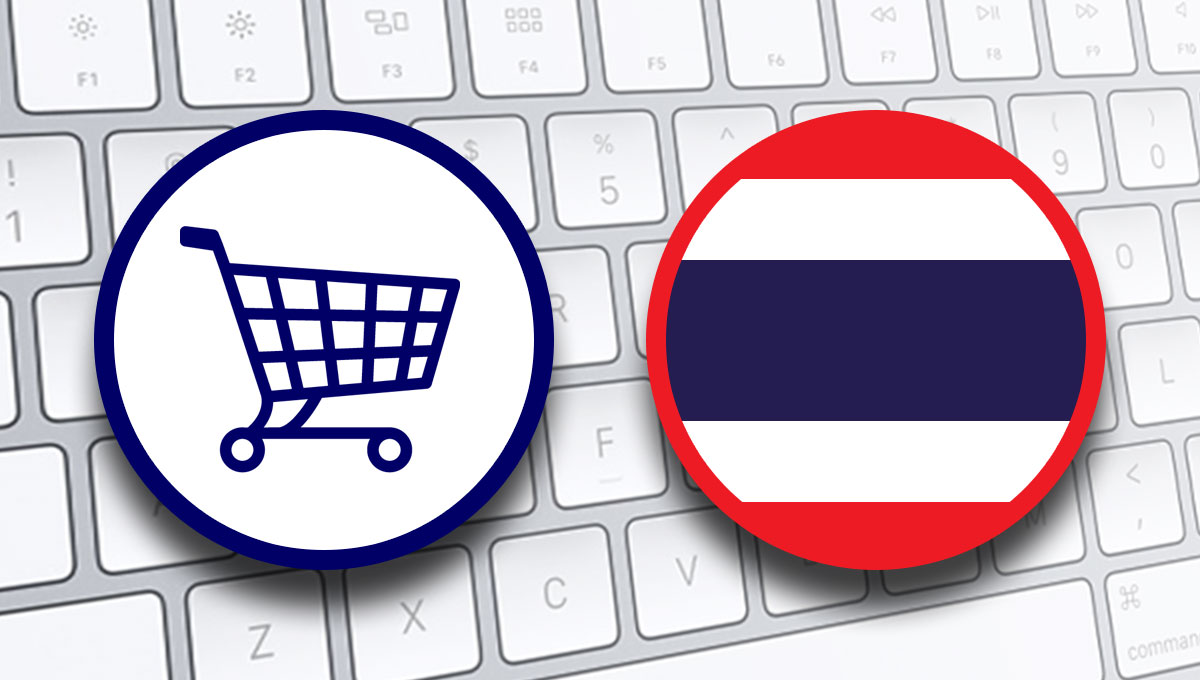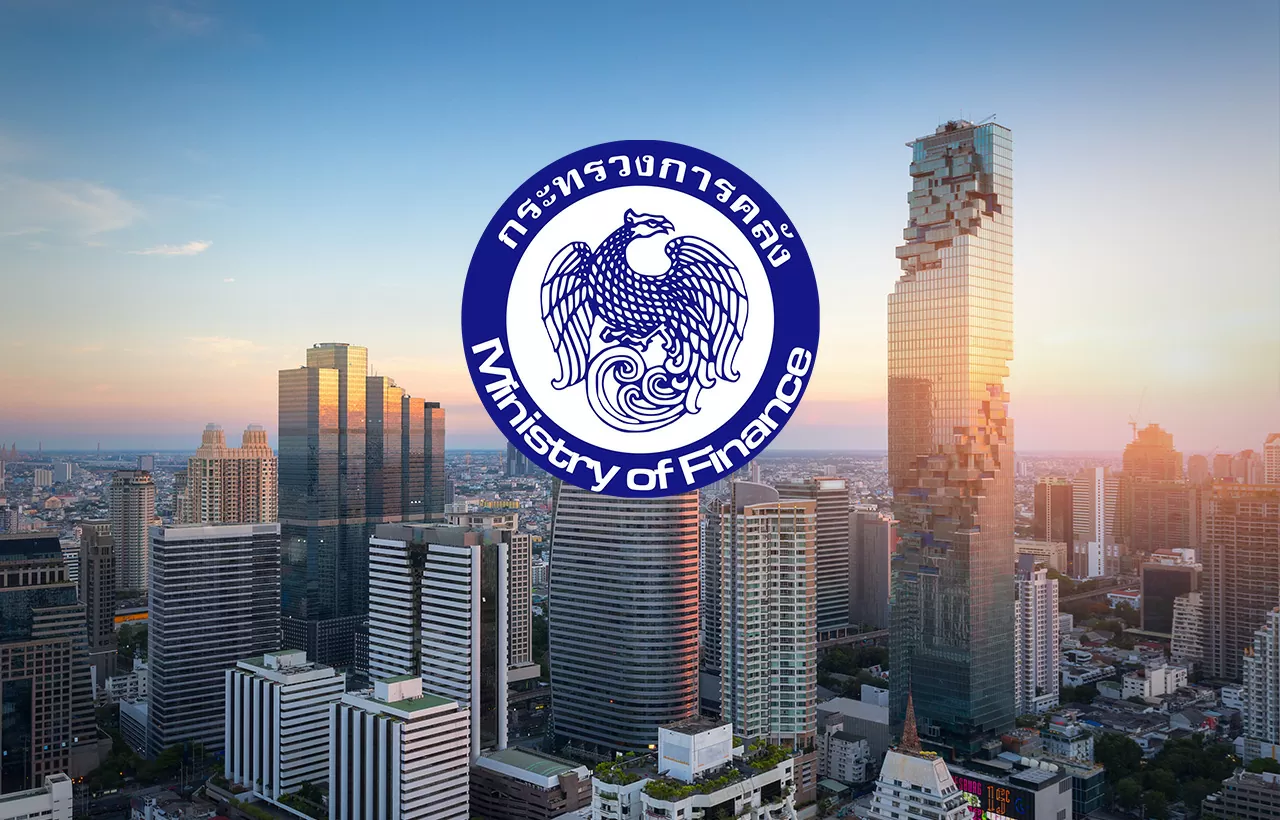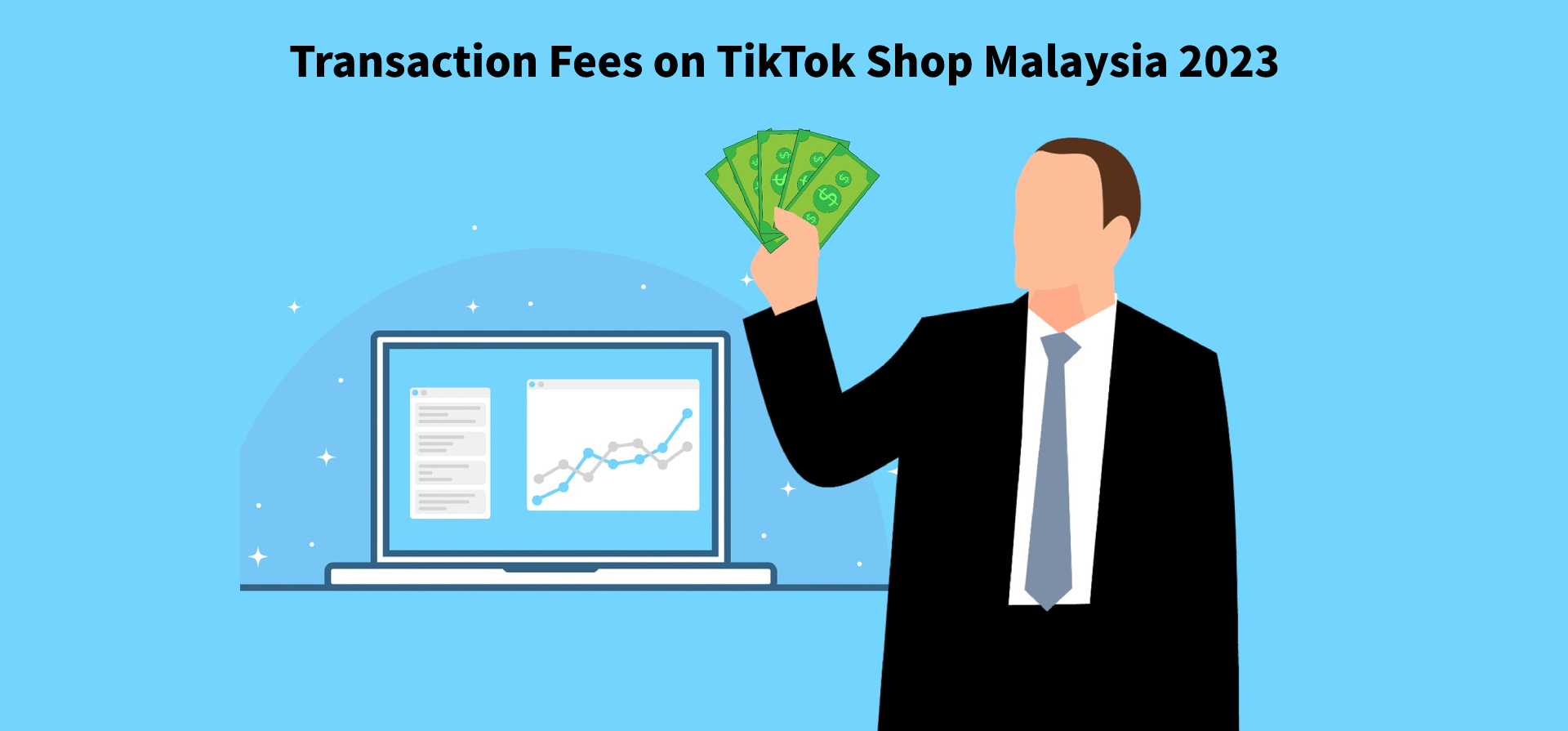Blog > Marketplace News > Thailand Confirms: Officially Levying Value-added Tax on Low-priced E-commerce Products, Effective in May!
Thailand Confirms: Officially Levying Value-added Tax on Low-priced E-commerce Products, Effective in May!
Jayson 09 Apr 2024 12:43ENCopy link & title
After the Thai Cabinet meeting on April 2, Thailand's Deputy Minister of Finance announced a new policy on the collection of value-added tax on imported goods.

This policy aims to address the tax inequality faced by domestic and foreign merchants in the sale of low-value goods and promote a level playing field among Thai small, medium and micro enterprises.
According to this new policy, starting from May this year, Thailand will impose value-added tax on all imported goods worth less than 1,500 baht. Whether they are goods entering the Thai market through online e-commerce platforms or traditional channels, they will follow this policy. One provision.

This is to ensure that whether domestic merchants or foreign merchants sell goods in the Thai market, they must pay tax according to a unified 7% value-added tax rate, thereby creating a fair and transparent business environment.
In order to effectively implement this policy, the Thai Ministry of Finance will formulate corresponding legal provisions through the Taxation Bureau, requiring domestic and foreign e-commerce platforms and other third parties involved in such transactions to register with the Taxation Bureau and act on behalf of them when selling low-value imported goods. Collect the VAT payable by overseas sellers, and then report and pay it to the tax bureau on a monthly basis. This approach is consistent with the VAT treatment method of local sellers in Thailand.


This policy aims to address the tax inequality faced by domestic and foreign merchants in the sale of low-value goods and promote a level playing field among Thai small, medium and micro enterprises.
According to this new policy, starting from May this year, Thailand will impose value-added tax on all imported goods worth less than 1,500 baht. Whether they are goods entering the Thai market through online e-commerce platforms or traditional channels, they will follow this policy. One provision.

This is to ensure that whether domestic merchants or foreign merchants sell goods in the Thai market, they must pay tax according to a unified 7% value-added tax rate, thereby creating a fair and transparent business environment.
In order to effectively implement this policy, the Thai Ministry of Finance will formulate corresponding legal provisions through the Taxation Bureau, requiring domestic and foreign e-commerce platforms and other third parties involved in such transactions to register with the Taxation Bureau and act on behalf of them when selling low-value imported goods. Collect the VAT payable by overseas sellers, and then report and pay it to the tax bureau on a monthly basis. This approach is consistent with the VAT treatment method of local sellers in Thailand.


